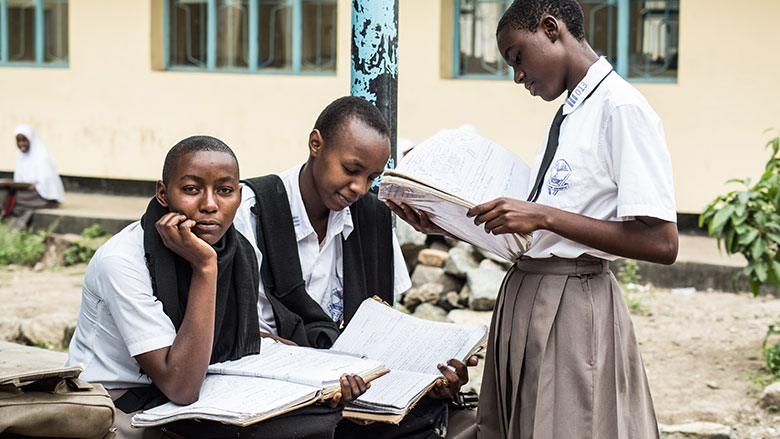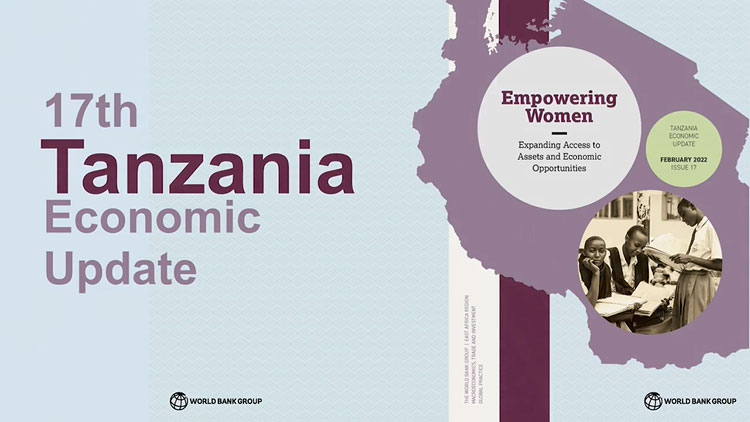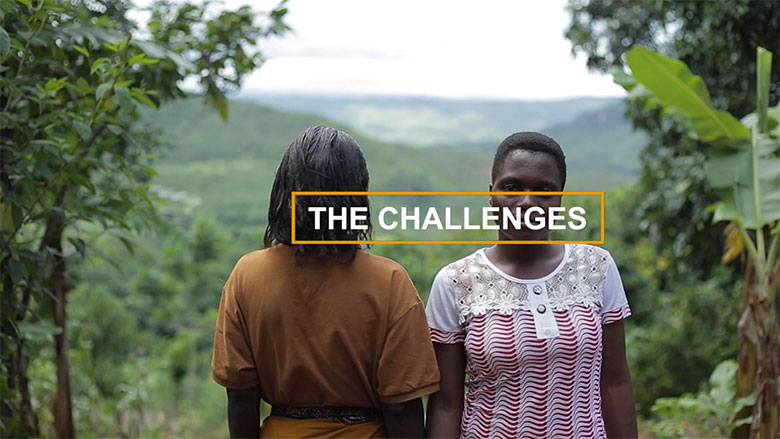DAR ES SALAAM, March 1, 2022 – Tanzania has made important achievements in expanding women’s economic opportunities over the past 20 years. The female labor-force participation rate rose from 67% in 2000 to 80% in 2019, well above the average of 63% for Sub-Saharan Africa and among the highest rates on the continent. In addition, more Tanzanian women are now compensated employees, and the ratio of women to men in jobs paying wages and salaries rose from 0.35:1 in 2000 to 0.64:1 in 2019, while the share of women engaged in unpaid agricultural work fell from 78% in 2004-05 to 64% in 2015-16.
While this progress has contributed to the country’s sustained economic growth, culminating in its transition from low-income to lower-middle-income status in July 2020, a new World Bank report shows that several constraints hinder the ability of Tanzanian women to realize their full economic potential. Addressing these could greatly accelerate the country’s economic development and poverty reduction, with potentially a boost of 0.86%to its annual GDP from bridging the gap in agricultural productivity alone.
“Our analysis shows there are enormous benefits to be gained from bridging the gender gap in agricultural productivity, eliminating the gender wage gap, and strengthening women’s land tenure security and Tanzania needs to consider these urgently,” said Mara Warwick, World Bank Country Director. “In addition, enhancing financial inclusion is critical – it is associated with significantly lower rates of poverty and income inequality, as well as faster rates of economic growth and employment creation.”
The newly-published 17th Tanzania Economic Update, “Empowering Women: Expanding Access to Assets and Economic Opportunities,” shows women continue to face serious constraints related to access to land, labor, and productive assets. About 25% of men are sole owners of land, versus just 8% of women; while about 7% of women are sole homeowners, compared to 26% of men. Tanzania’s rates of both land ownership and home ownership are below the average for Sub-Saharan Africa.


